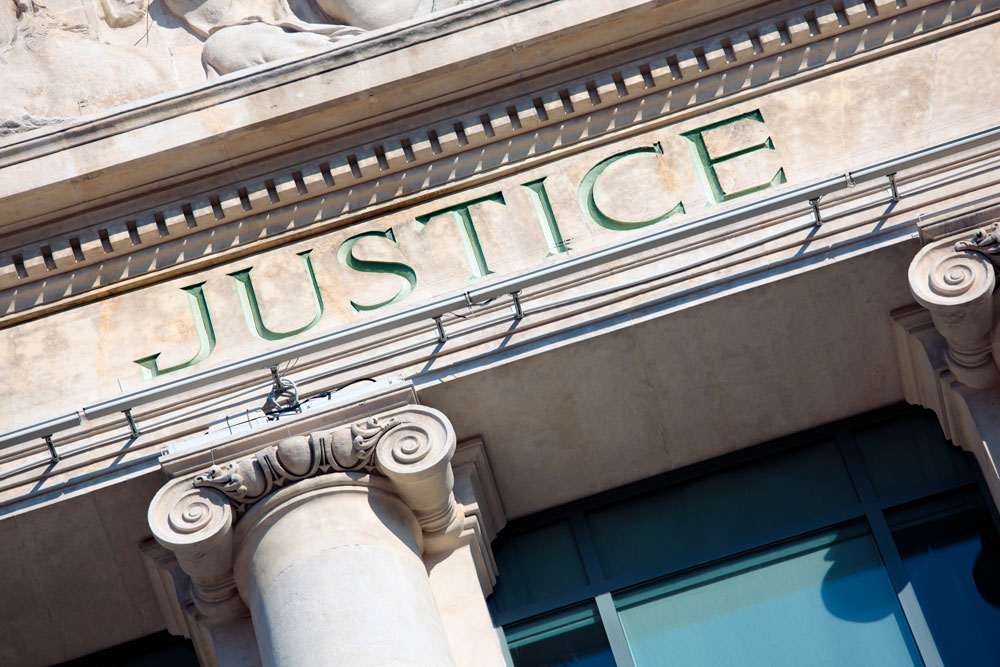The Court concluded with the following in relevant part: Defendant contends that the “core purpose” of the Double Jeopardy Clause is to protect “defendants against the harassment of unfair, repeated prosecutions.” But the trial court explicitly found that defendant had not been “subjected to the quantum of oppression, harassment, or egregious deprivation necessary to warrant a dismissal” of counts one and two with prejudice. We see no basis to disturb that finding. See, e.g., Brown (holding that “the bar of double jeopardy did not apply” because there was no evidence or allegation that the State acted willfully “and no evidence of prosecutorial provocation or other willful misconduct”).
Finally, as the trial court found, the nature of the crime weighs strongly in favor of retrial on counts one and two. The black box on defendant’s car showed it travelling 85 to 88 miles per hour three seconds before the crash, on a road that was one lane in each direction and had “a lot of curves.” The posted speed limit was 25 miles per hour. There was evidence that defendant’s car was over the yellow lines, in Carvache’s lane, at the time of the collision. And a person died in the crash.
Dismissal of charges “and a permanent bar to retrial” is “strong medicine” in any case. People v. Batts, 68 P.3d 357, 370 (Cal. 2003). “By denying courts power” to try a defendant for a crime, “the purpose of law to protect society from those guilty of crimes” is frustrated. Kennedy, 456 U.S. at 672 (quoting Wade, 336 U.S. at 689).
Here, the trial court did not abuse its discretion in holding that the State should be permitted to retry defendant on those counts that did not depend on intoxication. And the Appellate Division did not err in permitting the State to re-present counts one and two “to a new grand jury, solely based on the reckless driving evidence without proof or contentions of defendant’s intoxication or impairment,” a determination the State does not challenge.
Prohibiting the State from putting forth any evidence or argument that defendant was intoxicated acknowledges the harm the State caused defendant by grossly mishandling the blood evidence. And allowing the State to present the charges of aggravated manslaughter and death by auto to a new grand jury, without evidence of intoxication, recognizes that a human being died in this crash.
An interesting issue at retrial concerns whether the Defense can elicit testimony or expressly state during summation that there was no evidence of intoxication. The State would likely attempt to argue that such a statement opens the door for them to represent evidence of intoxication.

